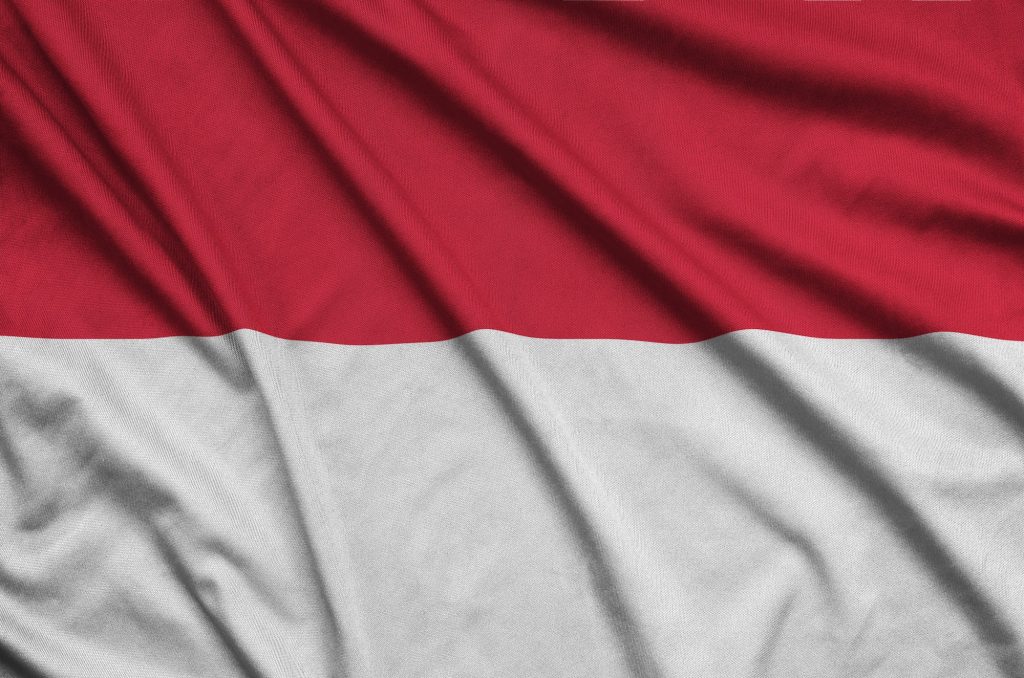
































Subsea cables, which are essential for global internet connectivity, are thin glass fibers protected by plastic and steel wire armor. They handle 99 percent of internet traffic, including critical data such as diplomatic communications, military orders, the SWIFT financial network, and over$10 trillion in daily global transactions. Concerns have arisen among US officials about the potential compromise of these cables by Chinese espionage, allowing Beijing access to sensitive information and the ability to track submarine.
To mitigate these risks and reduce dependence on Chinese-controlled infrastructure, the United States is reshaping its subsea cable network in the Asia-Pacific region. Previously, many cables were connected to Hong Kong and crossed the South China Sea. However, the U.S. is now redirecting these cables through nonaligned and democratic Indonesia, as well as the strategically important Java Sea. This shift aims to enhance security and protect vital data from potential threats associated with Chinese-controlled territories.
Indonesia is emerging as a potential hub for submarine cables in Asia, but there are significant challenges that need to be addressed for its success. These challenges include its geographical location and regulatory environment. The increasing interest from the U.S. government and major companies like Meta and Google in routing cables through Indonesia highlights the importance of addressing these issues. Failure to do so could have significant consequences, including the risk of losing billions of dollars in investments and jeopardizing secure trans-Pacific communications.
 Tags quentes :
Infraestrutura de telecomunicações
Infra-estrutura
Tags quentes :
Infraestrutura de telecomunicações
Infra-estrutura